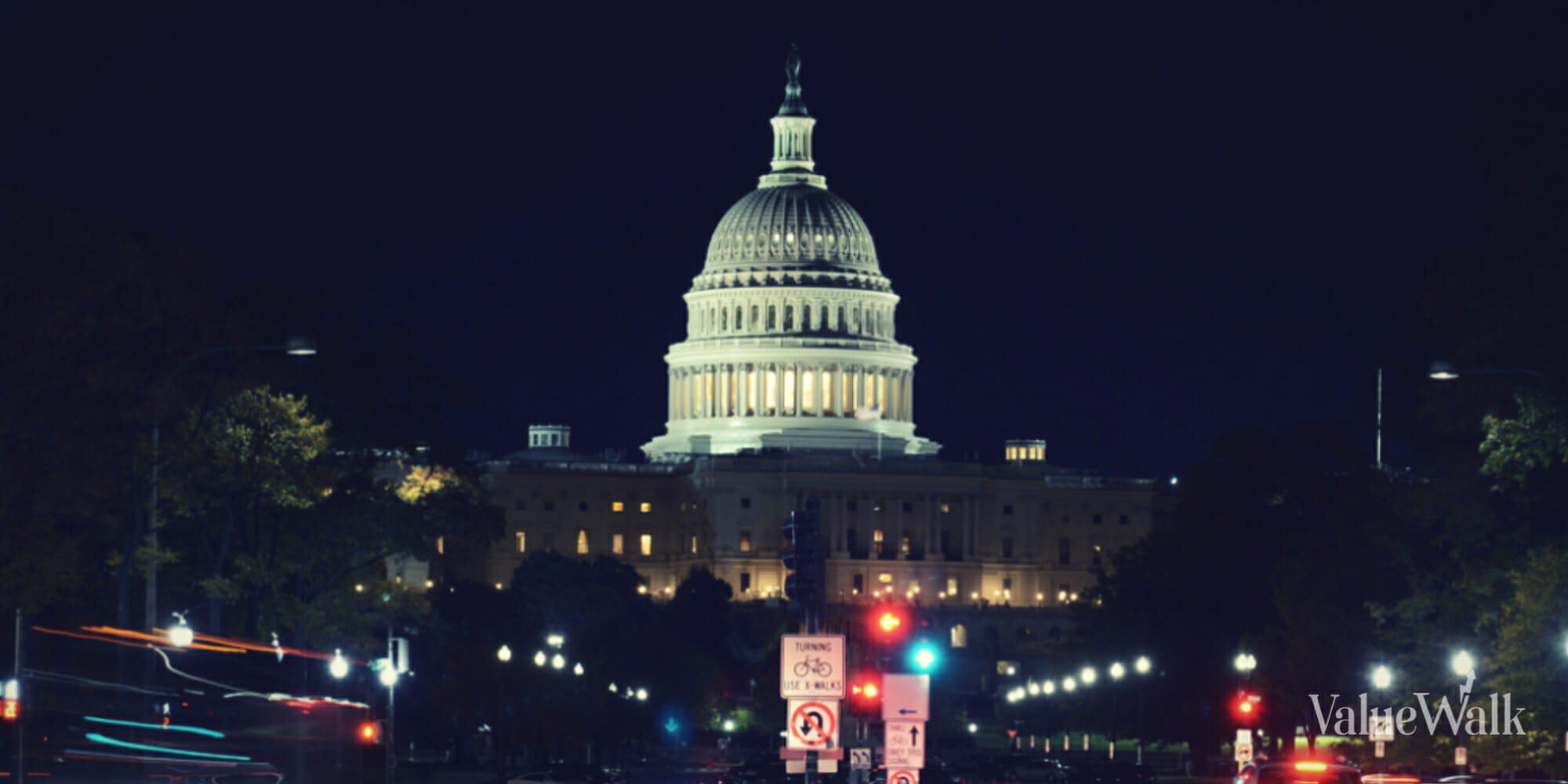Legal Demand For Hunter Biden Special Counsel Filed; Stresses That Appointment is Mandatory, Cites 8 New Developments
Appointment Of A Special Counsel Demanded To Investigate Hunter Biden
WASHINGTON, D.C. (August 1, 2023) – A formal legal demand for the appointment of a special counsel to “assume responsibility” for the continuing criminal investigation of Hunter Biden, including any plea agreements to be presented for approval by federal Judge Maryellen Noreika, has been filed with the Office of Attorney General Merrick Garland.
Previously, some 33 Senators and many legal scholars sought the appointment of a special counsel for Hunter Biden; a call which was renewed just last month after Sen. Chuck Grassley revealed that the Ukrainian businessman who allegedly paid $5 million apiece to Joe and Hunter Biden in claimed to keep 17 audio recordings of the president and first son as “insurance.”
The new formal legal demand cites the regulation [28 CFR § 600.1] – which is binding on the Attorney General [AG] unless and until modified in accordance with the law – which provides that:
“The Attorney General . . . WILL appoint a Special Counsel when he or she determines that criminal investigation of a person or matter is warranted and—
(a) That investigation or prosecution of that person or matter . . . would present a conflict of interest for the Department or other extraordinary circumstances; and
(b) That under the circumstances, it would be in the public interest to appoint an outside Special Counsel to assume responsibility for the matter.” [emphasis added]
and emphasizes that the use of the word “will,” rather than “may” or “shall,” means that the legal duty it imposes is mandatory and not optional. Indeed, the demand notes that:
“unless and until amended in accordance with the required legal process, [the special counsel regulation] is legally binding upon you and upon the Department, and any violation of this law may be reviewable by a judge in a court of law.”
The legal filing points out that the law does not provide an exception, or an excuse for disobeying the legal requirement, simply because the criminal suspect and the investigator are from different political parties, and/or that the AG promises to give the investigator considerable leeway or independence; the justifications provided at the time by Garland.
A Conflict Of Interest
It cites a ruling that there was a sufficient conflict of interest when AG Garland’s adult daughter was hired to clerk for a Supreme Court justice that she could not be permitted to serve. In the words of the legal demand document:
“Such a conflict of interest when father and offspring are involved is so clear that the Supreme Court did determine – in fact and in real life – that ‘In light of the potential for actual or apparent conflicts of interest, Jessica Garland will not serve as a law clerk for Justice Kagan [as she had been selected to do] while Attorney General Garland remains in office.’
So if serving as just one of several law clerks (with no vote) for a Justice (who casts only 1 vote out of 9) creates so much of a conflict of interest that the daughter of the AG cannot be permitted to serve as a mere clerk, even regarding many Supreme Court cases which don’t even involve DoJ, having DoJ conduct a criminal investigation of the son of the AG’s boss and supervisor creates an even clearer and more significant one.”
The newly-filed demand document cites 8 developments which have occurred since Garland initially refused to obey the regulation which mandates the appointment:
- Testimony under oath of 2 whistleblowers
- Massive amounts of additional evidence of political interference
- Bombshell revelations at the plea deal hearing
- DoJ’s approval of unprecedented terms in the plea deal
- The President’s admission about lying concerning his son
- Monday’s testimony by Devon Archer
- The planned testimony of U.S. Attorney Weiss
- The planned impeachment inquiry of the President
The suggestion in the demand document that a refusal to now make this appointment, especially in view of these many new developments, is far from an idle one, says public interest law professor John Banzhaf of the George Washington University Law School.
Professor Banzhaf’s legal filing with the late Judge John Sirica helped lead to the appointment of special prosecutors for Richard Nixon, and a subsequent filing by the law professor caused the late Judge Harold Greene to review a similar denial, and to order the appointment of a independent counsel.












